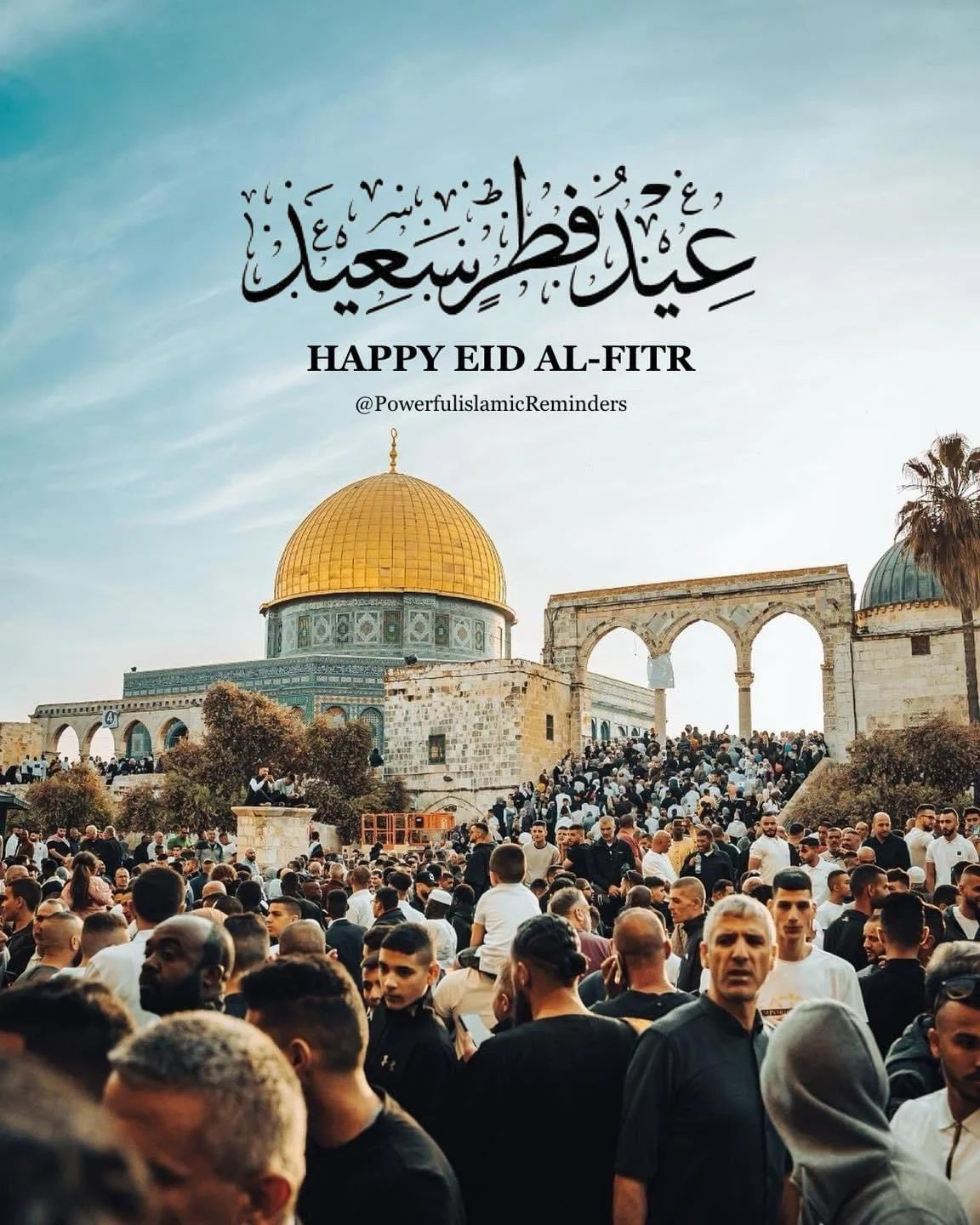Ramadan, the sacred ninth month in the Islamic lunar calendar, holds profound importance for Muslims around the globe. Beyond its rituals and customs, Ramadan holds a deeper spiritual essence that encompasses self-reflection, communal solidarity, and devotion to Allah.
At its core, Ramadan is a month of fasting, ordained in the Quran to foster devotion and self-discipline among believers. Muslims abstain from food, drink, and other physical indulgences from dawn until sunset as a demonstration of obedience to Allah’s commandments. This fasting month serves as a touching reminder of Allah’s blessings and instills empathy for the less fortunate.
In Surah Al-Baqarah (2:183), the Quran states:
“O you who have believed, decreed upon you is fasting as it was decreed upon those before you that you may become righteous.”
This verse sums up the essence of Ramadan, emphasizing the Ramadan significance in nurturing righteousness and spiritual enlightenment.
Throughout Ramadan, Muslims engage in heightened acts of worship, including prayer, Quranic recitation, and charitable giving. The month encourages a deeper connection to Allah and a greater understanding of one’s faith and purpose in life.
Surah Al-Baqarah (2:185) emphasizes on the revelation of the Quran during Ramadan, serving as guidance for humanity and a criterion of right and wrong. This verse speaks on the importance of reflecting on the Quran’s teachings and striving to embody its principles throughout the fasting month.
Ramadan is also a time for introspection and soul-searching, as believers seek to purify their hearts and minds. The month encourages Ramadan reflection on one’s actions and intentions, fostering a deeper sense of spirituality and mindfulness.
As Muslims observe Ramadan, they come together as a community, strengthening bonds of brotherhood and sisterhood through shared experiences of fasting and worship. The nightly Taraweeh prayers, where verses from the Quran are recited, promotes a sense of unity and spiritual rejuvenation among believers.
Ramadan rituals such as Suhoor (a pre-dawn meal) and Iftar (breaking the fast) serve as opportunities for families and communities to gather, reinforcing the importance of communal support and solidarity. These Ramadan traditions nourish not only the body but also the soul, promoting gratitude and appreciation for Allah’s blessings.
Surah Al-Baqarah (2:286) provides reassurance to believers, stating:
“Allah does not burden a soul beyond that it can bear.”
This verse offers solace and strength to Muslims during times of hardship, reminding them of Allah’s mercy and compassion.
The finale of Ramadan is marked by Eid al-Fitr, a joyous celebration that signifies the end of the fasting month and the beginning of Shawwal, the following lunar month. The Ramadan celebration “Eid al-Fitr” is a time of feasting, prayer, and gratitude as Muslims gather to express thanks for the blessings of Ramadan and seek forgiveness for any shortcomings.
Ramadan Essence stands for a journey of spiritual growth and community unity, transcending mere rituals and traditions. As Muslims observe Ramadan, they are reminded of the significance of fasting, prayer, and charity in nurturing righteousness and fostering unity within the Islamic community. Through devotion to Allah and adherence to Quranic teachings, Ramadan becomes a time of profound spiritual enlightenment and communal solidarity for believers worldwide.
HAPPY EID AL-FITR

Source: X
By: Hilary Nwachukwu
If you enjoyed reading this article, be sure to check out this other fascinating piece!
For the latest updates, Download P+us app available on Google App Store

















